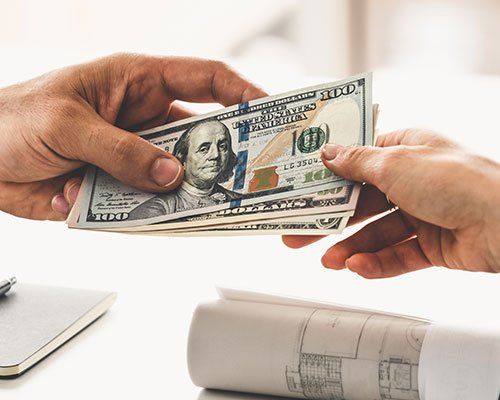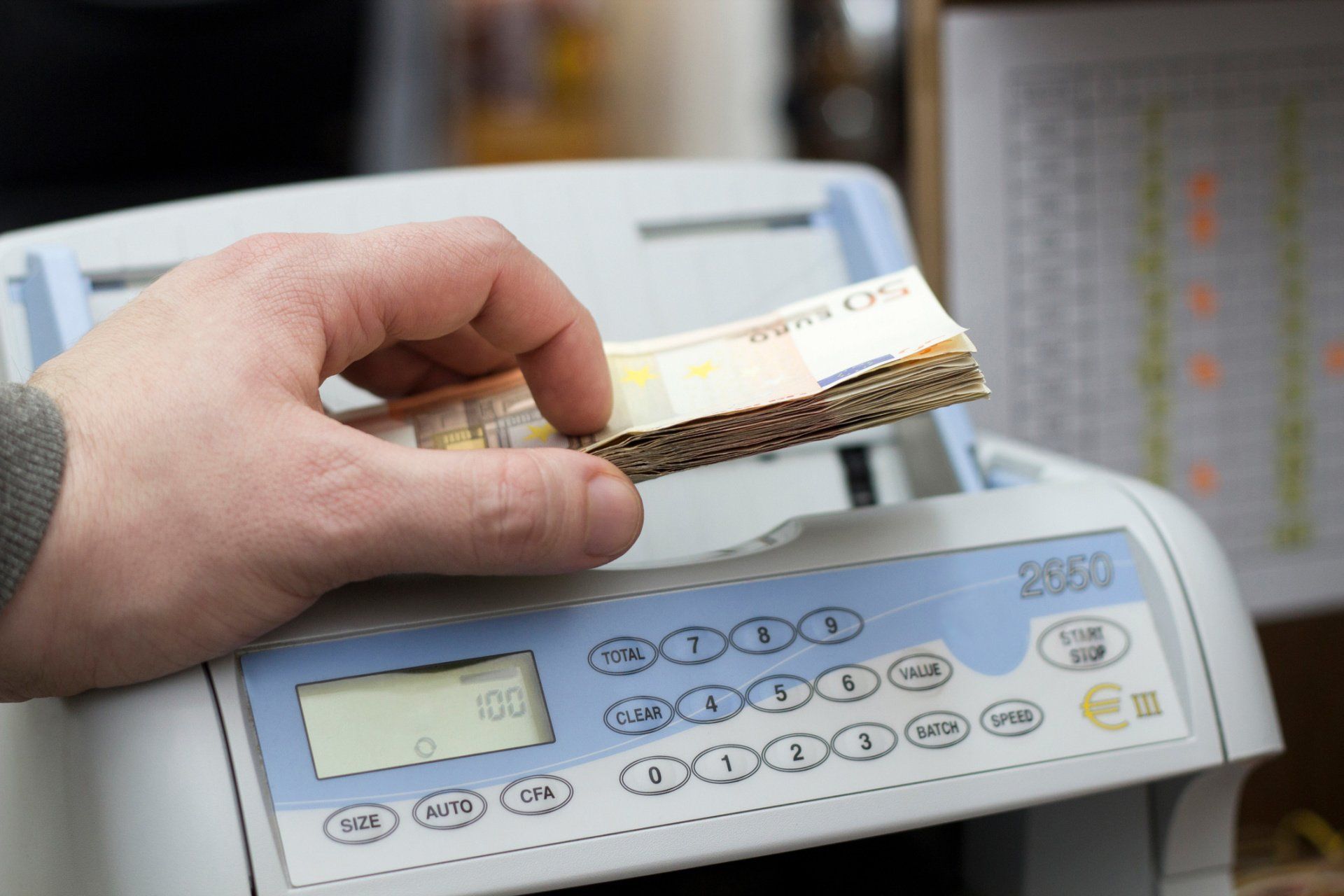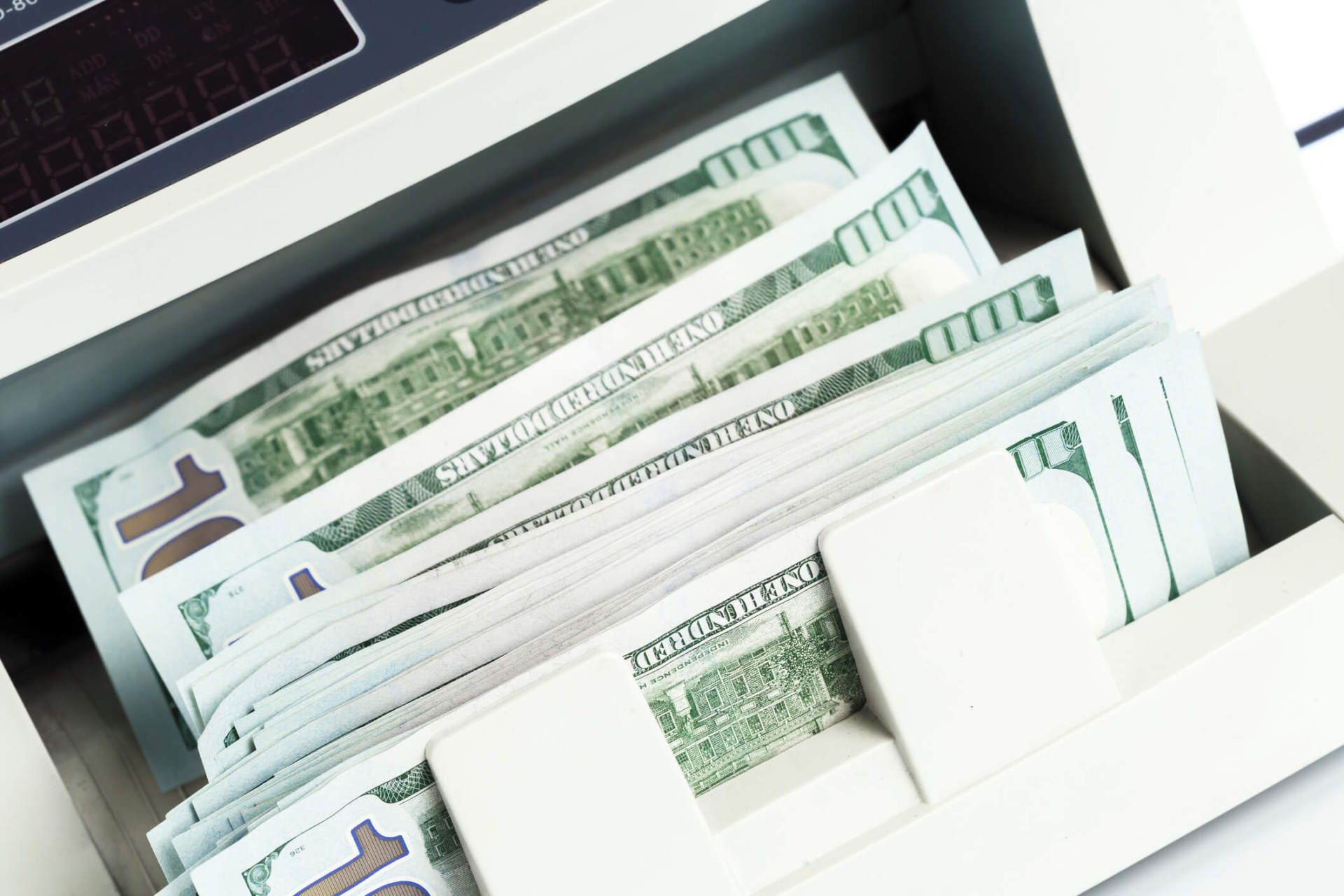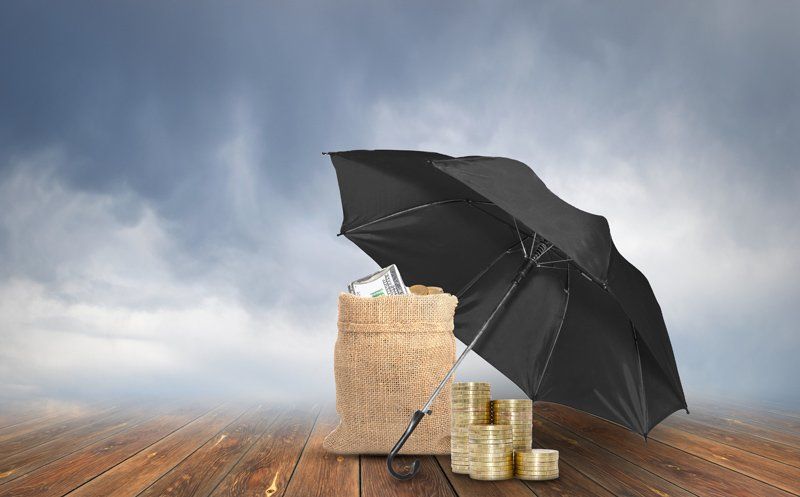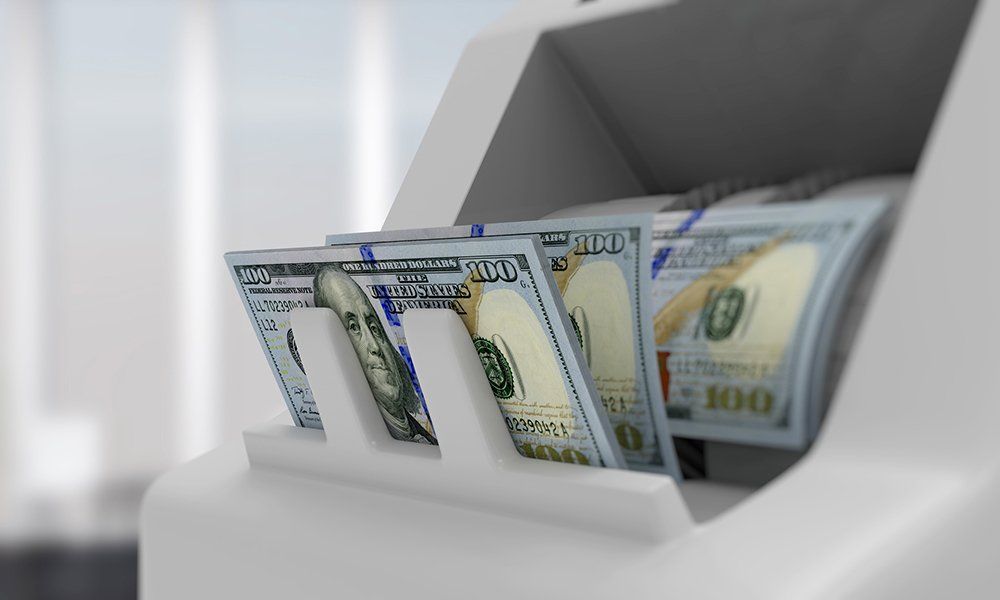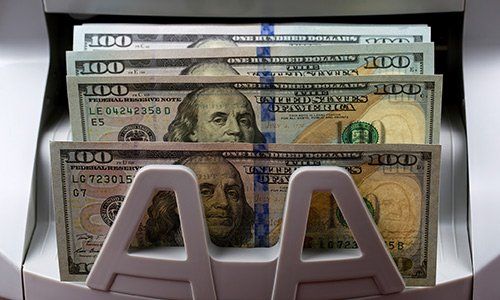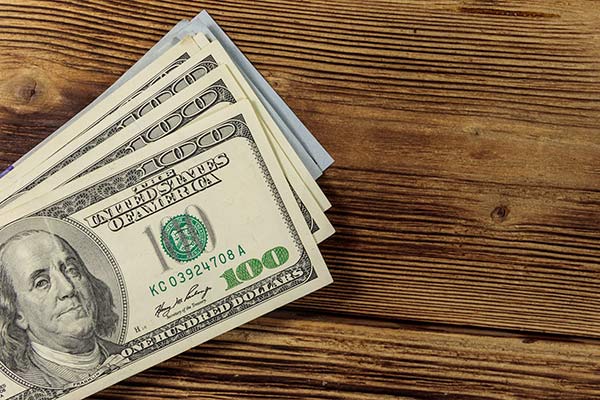
1. Detect Fake Bills
Because of the sheer number of transactions that are often done in a convenience store throughout the day and because of how fast these transactions usually happen, convenience stores can be at more of a risk of receiving counterfeit bills than many other businesses.
If employees use a currency counter when accepting larger amounts of money, they can quickly check to make sure that the bills they are being given are real.
Even if money has already been accepted by employees and is being counted at the end of the day, the counterfeit detector on your currency counter machine can help you catch fakes so you'll avoid taking them to the bank or keeping them in circulation.
2. Save Your Employees Time
Your employees probably have a lot of responsibilities in your convenience store. Having to spend a lot of time counting money takes away from the other things that they may need to be doing. If you have a currency counter that they can use, employees can make quick work of counting money so that they can quickly move on to the next task.
3. Get Money Put Away Quickly
Convenience stores are at a great risk of being robbed, so taking steps to help prevent theft is important. One of the key things that you can do is to keep a limited amount of money in your cash register drawers. Having employees put money in the safe once they accumulate a certain amount helps decrease the risk of theft, and if theft does occur, it helps minimize the loss.
If employees have to count money by hand each time that they put it in the safe, the money will be left out for longer. Also, robbery may be more tempting if employees are seen visibly counting large sums of money in the store.
With a currency counter, employees can get money counted and put away very quickly and discreetly. This helps keep both employees and the money in your store safe.
4. Prevent Human Errors
Your employees are probably pretty adept at counting money. They might do it all day long when they accept money from customers. This doesn't mean that they can't make a mistake, though, especially if they're in a hurry. Wet bills or brand-new, crisp bills can easily get stuck together, making it easy for a person to make a mistake, for example.
Currency counting machines have high accuracy rates, though. If your employees always use a currency counter when counting money, they will help decrease the chances of a mistake being made.
5. Avoid Spreading Germs
It's no secret that money is often covered in germs. Your convenience store employees obviously aren't going to be able to avoid coming in contact with money, but you should still minimize the spreading of germs.
After all, your employees might prepare hot dogs or other foods for your customers, and you don't want them to spread germs that can make someone sick. You don't want your employees to get sick either.
With a currency counter, you can help minimize how much physical contact your employees have to have with money.
A currency counter is a great investment for any convenience store, whether it's a small, rural convenience store or a large truck stop on a major interstate. Contact us at The Banker Money Counting Systems to find out more about our currency counting systems and how they can improve your convenience store.



